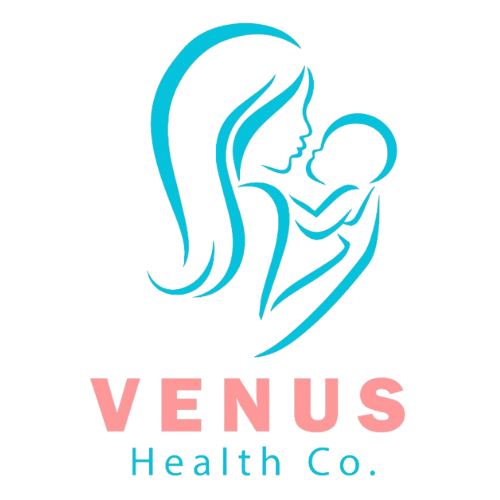Pregnancy is a critical time for both mother and baby, requiring special attention to nutritional needs to ensure health and wellness. A balanced, nutritious diet during pregnancy supports fetal development, manages pregnancy symptoms, and prepares the body for childbirth and lactation. This article provides essential diet tips and highlights the nutritional needs crucial for a healthy pregnancy.
Understanding Nutritional Needs During Pregnancy
Nutritional needs increase during pregnancy to support fetal growth, maternal tissue expansion, and the preparation for breastfeeding. Key nutrients include:
- Folic Acid: Essential for preventing neural tube defects, folic acid is crucial during the first trimester. Leafy greens, citrus fruits, and fortified cereals are excellent sources.
- Iron: Supports the development of the placenta and fetus and helps prevent anemia. Lean meats, spinach, and iron-fortified cereals can boost iron intake.
- Calcium: Vital for developing fetal bones and teeth. Dairy products, broccoli, and fortified plant-based beverages are good calcium sources.
- DHA (Omega-3 Fatty Acids): Important for fetal brain and eye development. Found in fatty fish like salmon and fortified eggs.
Diet Tips for a Healthy Pregnancy
- Eat a Variety of Foods: Aim for a colorful plate with fruits, vegetables, whole grains, protein sources, and dairy or dairy alternatives to cover all nutritional bases.
- Stay Hydrated: Water is crucial for supporting increased blood volume and amniotic fluid. Aim for at least 8-10 glasses a day.
- Manage Portion Sizes: While it's true you're eating for two, the additional calorie need is only about 300-500 extra calories per day in the second and third trimesters.
- Limit Caffeine and Avoid Alcohol: Caffeine intake should be limited to less than 200 mg per day, and alcohol should be avoided to prevent fetal alcohol spectrum disorders.
- Focus on Fiber: High-fiber foods can help prevent constipation, a common pregnancy issue. Include whole grains, vegetables, fruits, and legumes in your diet.
- Mind Your Micronutrients: Ensure you're getting enough vitamins and minerals, especially iron, calcium, folic acid, and vitamin D, either through diet or supplements as recommended by your healthcare provider.
Foods to Avoid or Limit During Pregnancy
Certain foods pose risks during pregnancy due to potential contamination with bacteria or toxins:
- Unpasteurized Dairy and Soft Cheeses: Can contain harmful bacteria like Listeria.
- Raw or Undercooked Meats and Eggs: Risk of Salmonella and other infections.
- High-Mercury Fish: Such as shark, swordfish, and king mackerel. Opt for low-mercury fish like salmon and trout.
- Processed Junk Foods: High in empty calories and low in nutrients, these should be minimized.
Key Takeaways for Optimal Pregnancy Nutrition
A balanced diet during pregnancy not only supports your health and prepares your body for childbirth but also sets the stage for your baby's health. By focusing on nutrient-rich foods, staying hydrated, and avoiding certain risk foods, you can support optimal fetal development and pregnancy outcomes. Always consult with a healthcare provider or a registered dietitian to tailor dietary advice to your specific needs and conditions.

